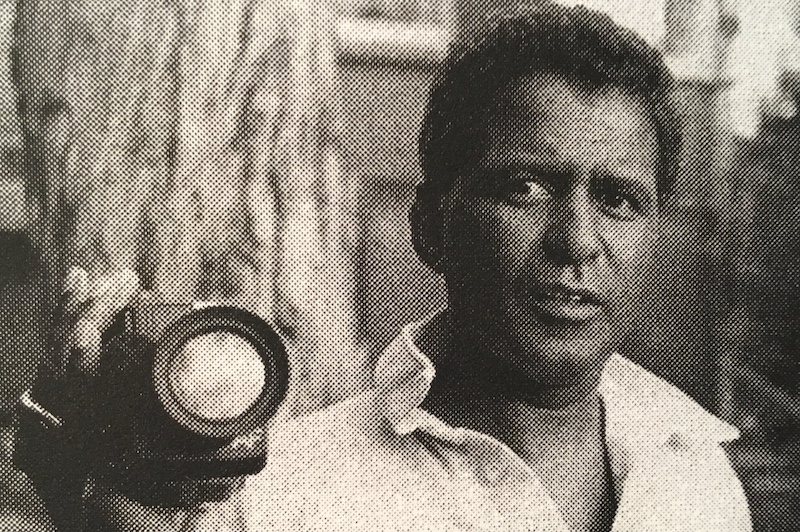
Nor Was This All By Any Means: A Career-Spanning Series with Anthony Ramos
Nor Was This All By Any Means: A Career-Spanning Series with Anthony Ramos
Electronic Arts Intermix (EAI), DCTV, the Colloquium for Unpopular Culture, and online
264 Canal Street #3W
264 Canal Street #3W
Thursday, April 20th, 2023 to Friday, April 28th, 2023
Nor Was This All By Any Means: A Career-Spanning Series with Anthony Ramos
Electronic Arts Intermix (EAI), DCTV, the Colloquium for Unpopular Culture, and online
264 Canal Street #3W
264 Canal Street #3W
Thursday, April 20th, 2023 to Friday, April 28th, 2023
Nor Was This All By Any Means: A Career-Spanning Series with Anthony Ramos
Electronic Arts Intermix (EAI), DCTV, the Colloquium for Unpopular Culture, and online
264 Canal Street #3W
264 Canal Street #3W
Thursday, April 20th, 2023 to Friday, April 28th, 2023